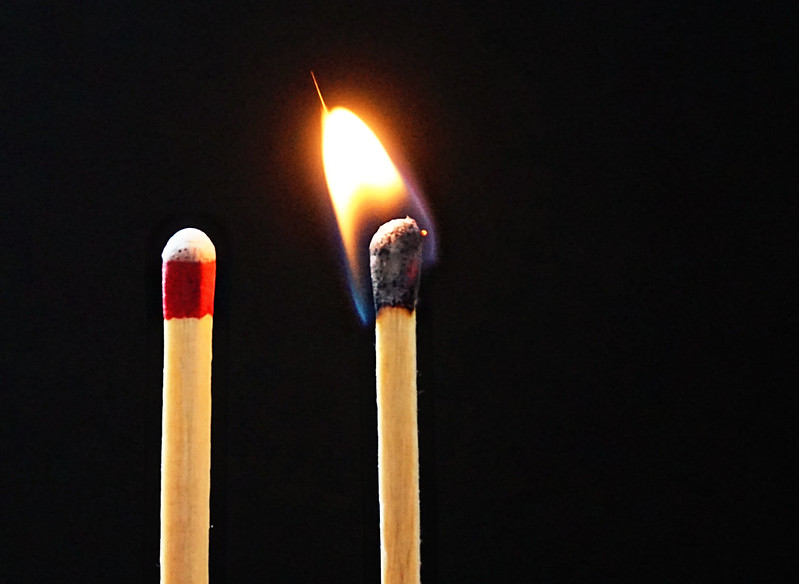What You Don’t Have
 If you have more features, I will beat you with fewer.
If you have more features, I will beat you with fewer.
If you have a broad product line, I will beat you with my singular product.
If your solution is big, mine will beat you with small.
If you sell across the globe, I will sell only in the most important market and beat you.
If you sell to many customers, I will provide a better service to your best customer and beat you.
If your new projects must generate $10 million per year, I will beat you with $1 million projects.
If you are slow, I will beat you with fast.
If you use short term thinking, I will beat you with long term thinking.
If you think in the long term, I will think in the short term and beat you.
If you sell a standardized product, I will beat you with customization.
If you are successful, I will beat you with my hunger.
If you try to do less, I will beat you with far less.
If you do what you did last time, I will beat you with novelty.
If you want to be big, I will be a small company and beat you.
I will beat you with what you don’t have.
Then, I will obsolete my best work with what I don’t have.
Your success creates inertia. Your competitors know what you’re good at and know you’ll do everything you can to maintain your trajectory. No changes, just more of what worked. And they will use your inertia. They will start small and sell to the lowest end of the market. Then they’ll grow that segment and go up-scale. You will think they are silly and dismiss them. And then they will take your best customers and beat you.
If you want to know how your competitors will beat you, think of your strength as a weakness. Here’s a thought experiment to explain. If your success is based on fast, turn speed into weakness and constrain out the speed. Declare that your new product must be slow. Then, create a growth plan based on slow. That growth plan is how your competitors will beat you.
Your growth won’t come from what you have, it will come from what you don’t have.
It’s time to create your anti-product.
 Mike Shipulski
Mike Shipulski